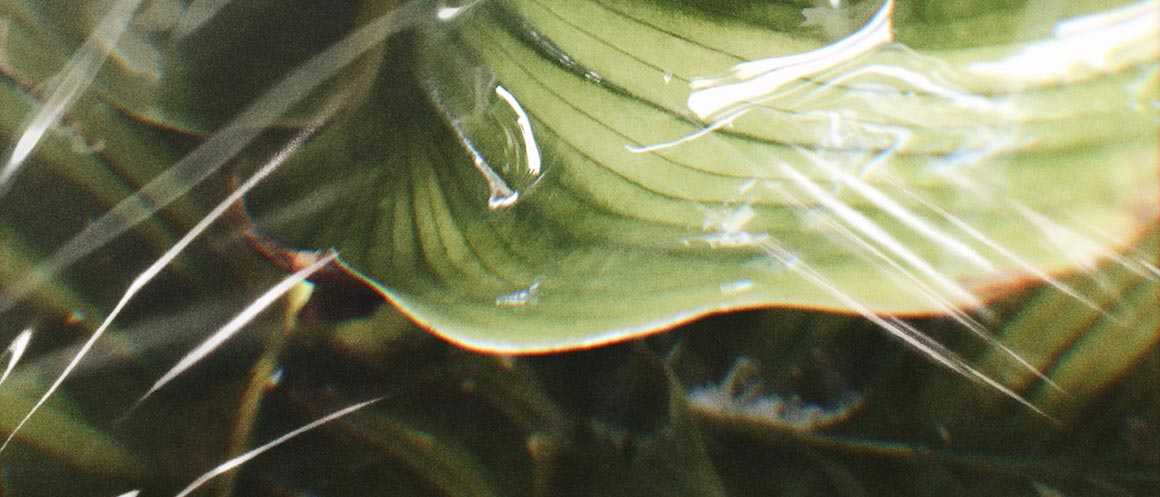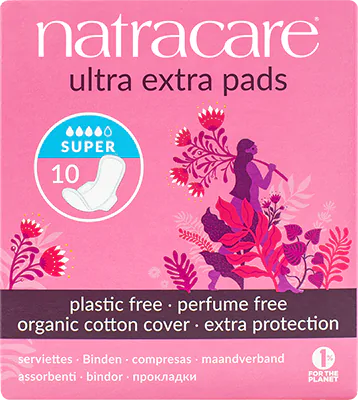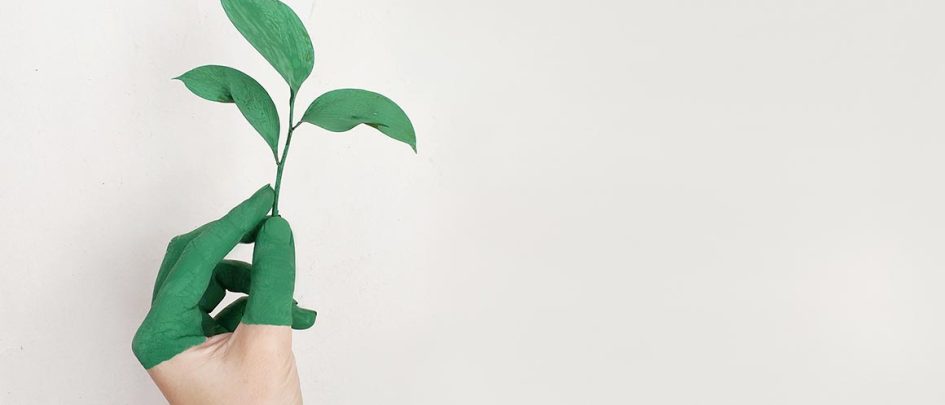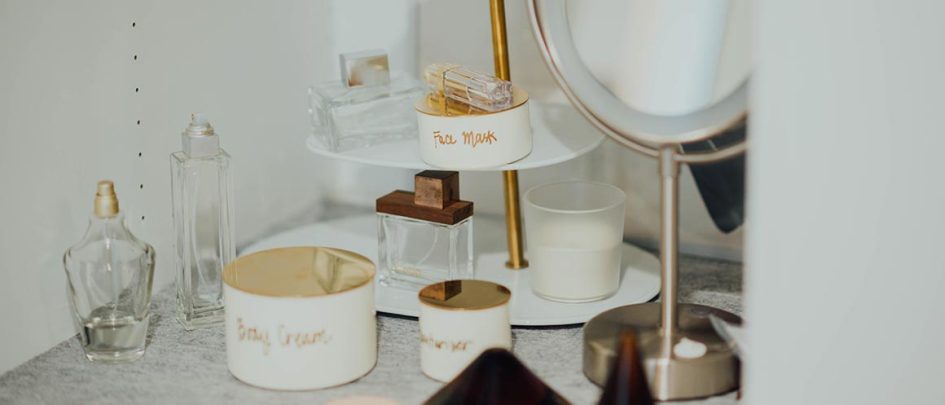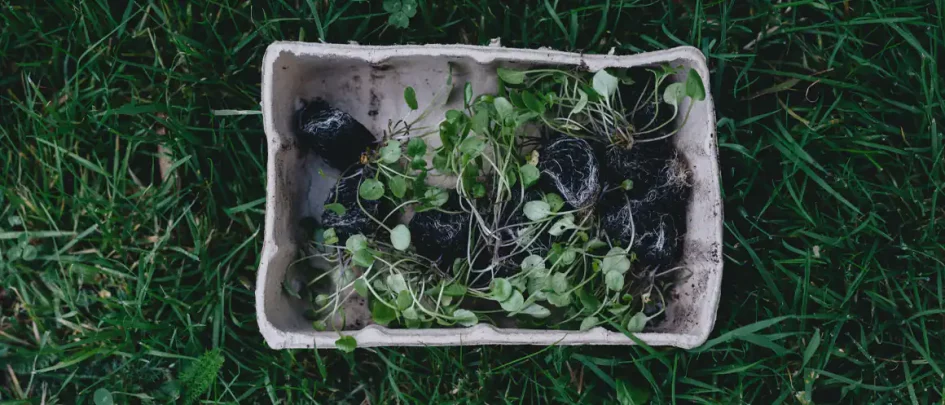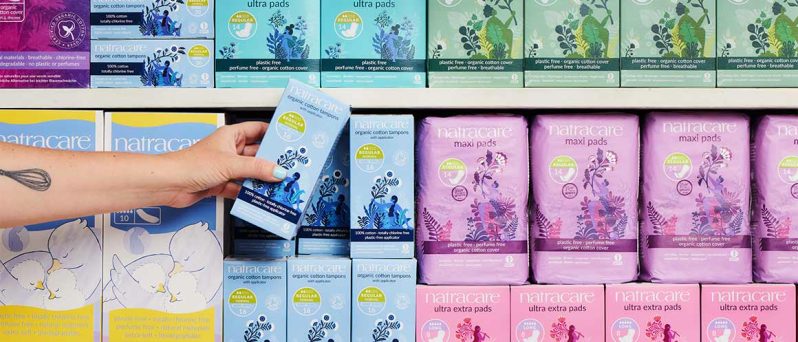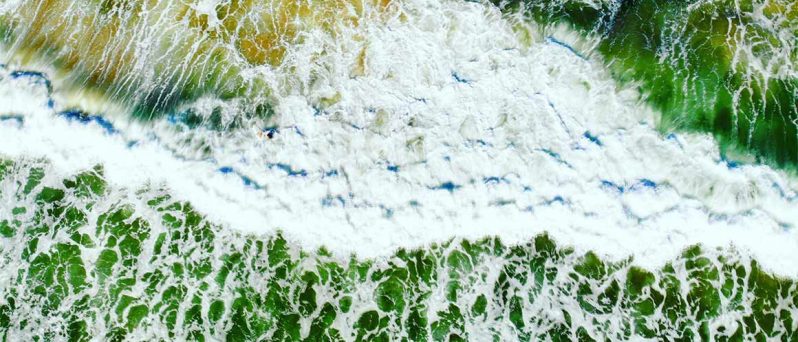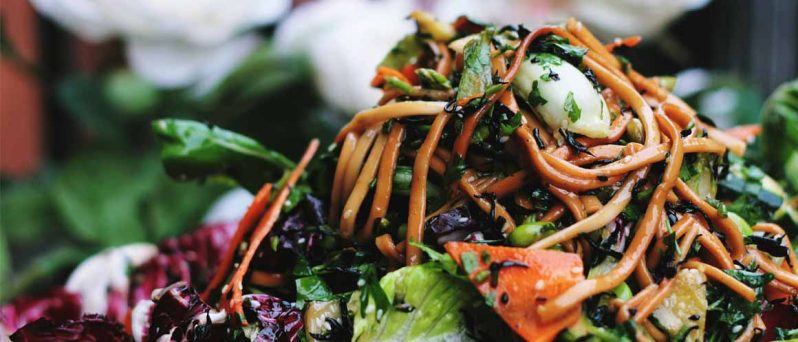If you buy Natracare products from within the EU you may have spotted a “Plastic in Product” label on some of our packaging. This may look suspicious, especially considering how we pride ourselves on our eco-credentials and guide people on how to spot greenwashing. But there’s no need to be alarmed. Choosing Natracare does cut plastic pollution from single-use period products. Read on to find out more about the “Plastic in Product” label on Natracare products.
What is the Single Use Plastics Directive (SUPD)?
SUPD stands for Single Use Plastics Directive. It’s a directive introduced by the European Union in 2021 for all brands selling in the EU to disclose if there’s any sort of plastic (whether it’s plant or oil based) in any single-use product. This includes disposable menstrual products, like Natracare.

But Natracare claims to be plastic free?
That’s right. Natracare pads, liners and tampons are all 100% free from oil-based plastics. The plastic we use for the leakproof backing and wrapper for some Natracare pads and liners is plant-based and compostable. It’s a biopolymer and made from renewable, GMO free, natural materials and is certified home compostable.
Most Natracare pads and panty liners are Seedling Mark commercially compostable to EN 13432 and, it’s also possible to compost Natracare pads at home.
Certified compostable bioplastics can break down safely into non-harmful organic matter after use, when disposed of correctly, and will help enrich soils. Bioplastics like this are the only plastic materials we use in our products.
Oil-based and non-compostable plant-based plastics are what you need to be wary of and it can be difficult to tell them apart. They leave permanent damage to our earth by taking 500+ years to break down. When we say “plastic free”, we mean: free from conventional petroleum based plastic used most commonly in pads, liners, tampons and wipes.
So why do Natracare products display the “Plastic In Product” logo?
While Natracare products are free from oil-based plastics and non-compostable plastics, SUPD requires all types of plastic to be labelled without differentiation:
- Petroleum oil-based plastics
- Plant-based and part-renewable plastics
- Compostable bioplastics
We use a compostable bioplastic (also called biopolymer) for the leak-proof layer on the back of our pads and liners. This is made from GM-free plant starch, is a renewable resource, and makes use of by-products from agriculture. SUPD doesn’t recognise the differences between plastics, so we are required to display the plastic in product logo for our pads and liners despite using a more sustainable material than found in most period products.
The word ‘plastic’ (even in the context of compostable) feels, understandably, untrustworthy. However, the plastic referred to in Natracare’s case is a renewable resource that is far less damaging to the earth than most plastics.
Natracare products can contribute to a circular economy, meaning: our pads and liners can break down into organic matter and return to soil when composted in the right way.
Why we support SUPD
We’re a proud pioneer in creating period products without oil-based plastics and it’s time to move away from our reliance on damaging and polluting materials and products.
Unfortunately, there is still a lot of greenwashing out there – even from brands that seem reliable. Many companies peddle vague messages of sustainability and eco-credentials and this is also true for period products. This new EU directive empowers you to be in control of your plastic footprint as you’ll know whether the brands you’re using are using plastic that have the potential to damage our planet.
From the materials to the processes, as a brand we pride ourselves on being completely transparent with our consumers. The SUPD logo is on our packaging so we can continue to be completely transparent with you.
We will not compromise on plastic. Natracare pads and liners will never contain petroleum or oil-based plastics. If you’ve bought and used them, and still do so, rest assured nothing has changed. Our products are the same and are biodegradable and certified compostable. Please let us know if you have any questions.
